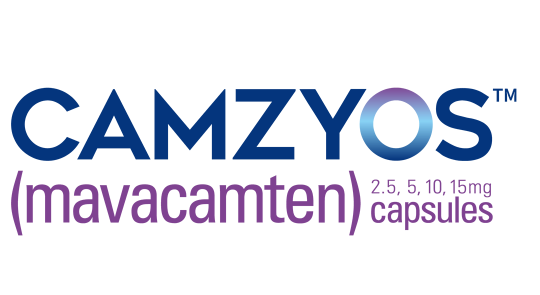by Gordon Fox: 2nd in a series

Making decisions can be hard, and this is especially true when health is involved. A key reason is that most decisions involve more than one risk.
Decisions involve multiple risks
For medical treatments, there is usually a risk of not treating, as well as a risk of treating. In other words, there are typically tradeoffs to evaluate. Imagine that your doctor has recommended you have an ICD implanted because you have a high risk of dangerous arrhythmias that might lead to cardiac arrest. Occasionally, we hear suggestions that all HCM patients should have ICDs, but that ignores the tradeoff: the treatment itself has the potential to cause problems from anesthesia, surgery, infection, inappropriate shocks, and defects in the devices and leads. And it costs money. Deciding to have an ICD implanted should be based on weighing the tradeoffs.
Some risks are known
We know a lot about how serious these risks are, so it's possible to say that (your actual risks will be different from these examples) "your risk of cardiac arrest is about 3% a year, and in about 5% of patients, the leads need to be repaired later.”
Some risks can’t be calculated
Some issues have too many unknowns for anyone to calculate the risks. Perhaps you are deciding whether to have a child. If you have a gene mutation that promotes HCM, we know exactly what the chance is that your child will also have that mutation. But we can't say what the chance is that they will develop HCM because we still need to understand more about the process that causes some people to develop the disease while others don't.
Some risks could not be measured even if all the scientific issues were worked out. In deciding whether to have a child, there are issues like how you will feel if your child has HCM. That is a real issue that should enter into decision-making, but nobody can say whether you will feel OK about it.
Aims of this blog series
In this series of blog posts, we will consider some examples of complex decisions that HCM patients often have to make. We can't tell you the best choice- sometimes that depends on your values. We hope you will gain some insights into thinking about all the risks and benefits and how to use that information to make rational decisions.
e.


